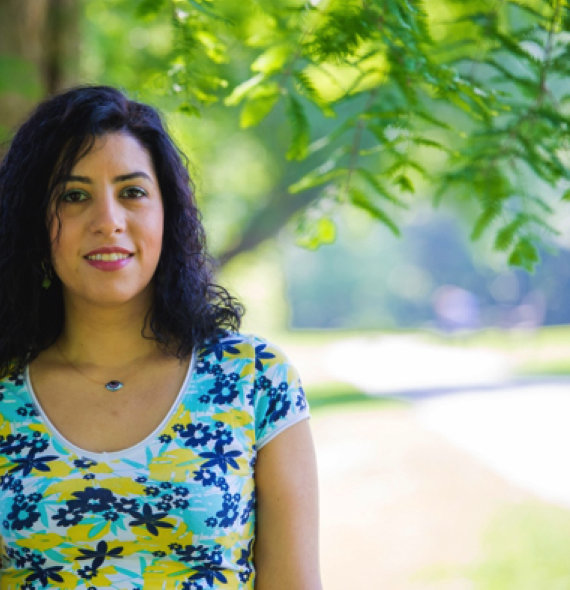
Manufacturing Robust High Throughput Tools For Cancer Screening –
A Case Study On Pancreatic Cancer
Abstract
Pancreatic Ductal Adenocarcinoma is a deadly disease with 91% of patients dying within five years from diagnosis. This disheartening figure has barely been improved the last 50 years. The low survival rate of patients with pancreatic cancer is partly due to the tumour resistance to currently available treatment, which results from the complex and highly heterogeneous tumour microenvironment (TME). The TME is the biological, biochemical and biomechanical environment that surrounds the tumour and interacts with it in various complex ways, consequently affecting the tumour progression and response to treatment.
A key challenge in cancer tissue engineering is ensuring accurate mimicry of the multiple key features of the TME. Our goal is to address this challenge via the development of a high-fidelity animal free pancreatic cancer model, which will enable patient specific treatment optimisation.
We use as a basis our developed highly porous polymeric scaffolding system which we advance biochemically and biologically to mimic crucial TME features. More specifically, we create a tri-culture of pancreatic tumour cells and healthy cells of the pancreatic TME. With surface modification of the scaffold we enable coating with various extracellular matrix protein (ECM) compositions and by immersing the scaffold in a 3D printed perfusion bioreactor we achieve mimicry of the blood flow. The versatility of the synthetic scaffold allows to recapitulate and test multiple critical aspects of the pancreatic TME including cell-cell and cell-ECM interactions, stiffness, tissue porosity, diffusion of oxygen, nutrients, metabolites and distribution of the vascularization. Herein, key advancements of our platform will be discussed/highlighted.
Biography
Dr Eirini Velliou is Associate Professor at Centre of 3D models for health and disease at University College London since 1st February 2021. Prior to that, she was a Senior Lecturer (Associate Professor) of Bioprocess & Tissue Engineering, Principal Investigator and Founder of the Bioprocess and Biochemical Engineering group (BioProChem) in the Department of Chemical and Process Engineering at the University of Surrey. Her research focus falls within the engineering and validation of novel biomaterial based in vitro platforms for studying various biological systems and diseases, i.e., cancer, stem cells differentiation, formulation/ communication of bacterial communities and bacterial-host interactions. Furthermore, she is particularly interested on the response and adaptation/resistance of biological systems to environmental stress. Dr. Velliou joined the University of Surrey in September 2014 after a postdoctoral appointment of two years at Imperial College London (Centre for Process Systems Engineering and Biological Systems Engineering laboratory) where she worked on tissue engineering of healthy and diseased (leukaemia) blood. Prior to joining Imperial College Dr. Velliou spent five years doing research in Belgium. She worked as a postdoctoral researcher at the Bioengineering Group of the Earth and Life Institute (ELI) of the Université Catholique de Louvain (UCL) in Louvain-la-Neuve, Belgium, where she focused on the optimisation of biofuel and carotenoid production from immobilised micro-algae under light stress, mechanical stress and nutrient deprivation. Dr. Velliou holds a PhD from KU Leuven, Belgium (Department of Chemical Engineering), where she worked on an integrated in vitro/in silico approach for predicting microbial environmental stress adaptation phenomena in liquid state and in viscoelastic biomaterials. Also Dr. Velliou holds a Masters in Chemical Engineering from the National Technical University of Athens (NTUA), Greece. Dr. Velliou has supervised two postdoctoral researchers, seven PhD students and 25 master students to date, has published more than 90 papers in scientific journals, books, and conferences and has recently co-edited a book on Biomedical Systems Optimisation, jointly with Professor Pistikopoulos and Dr. Nascu.